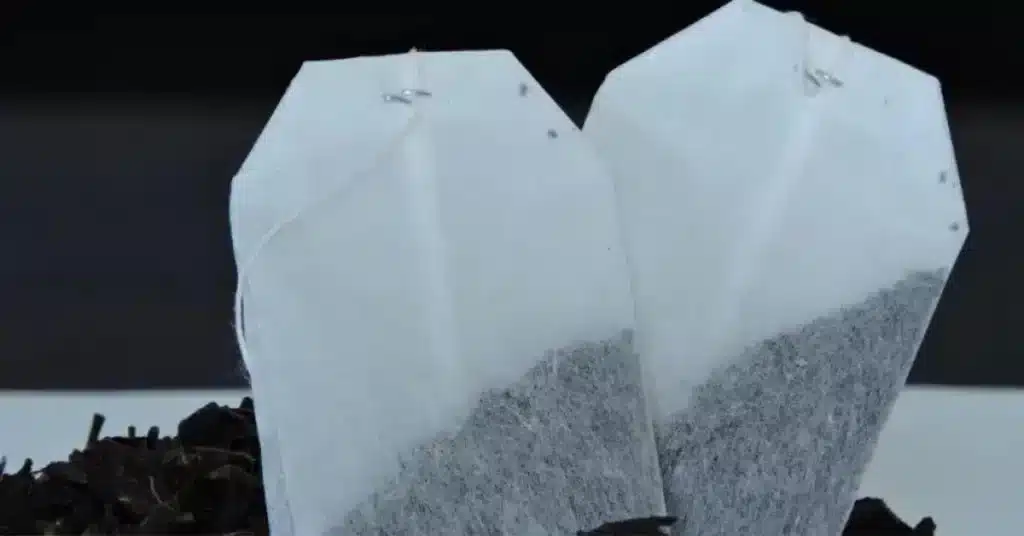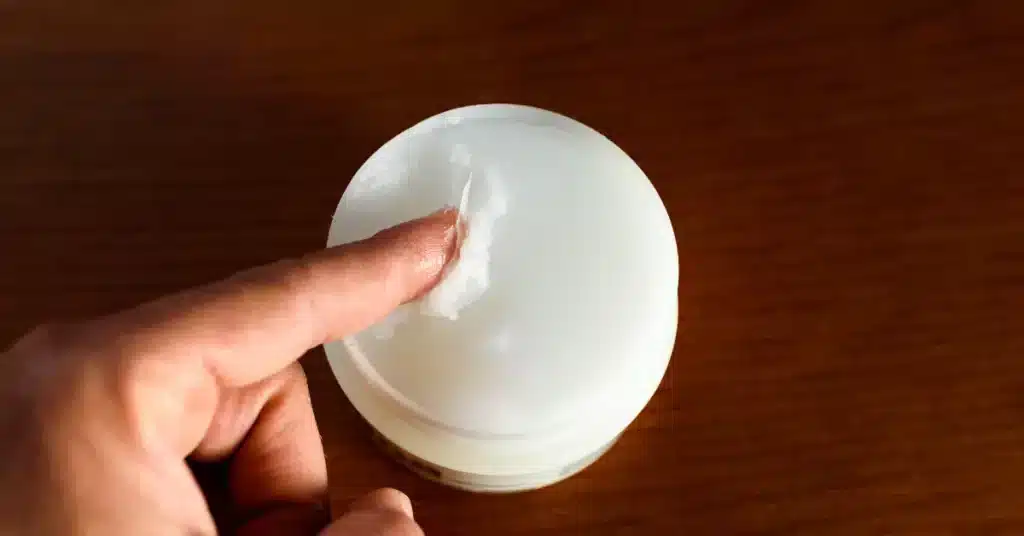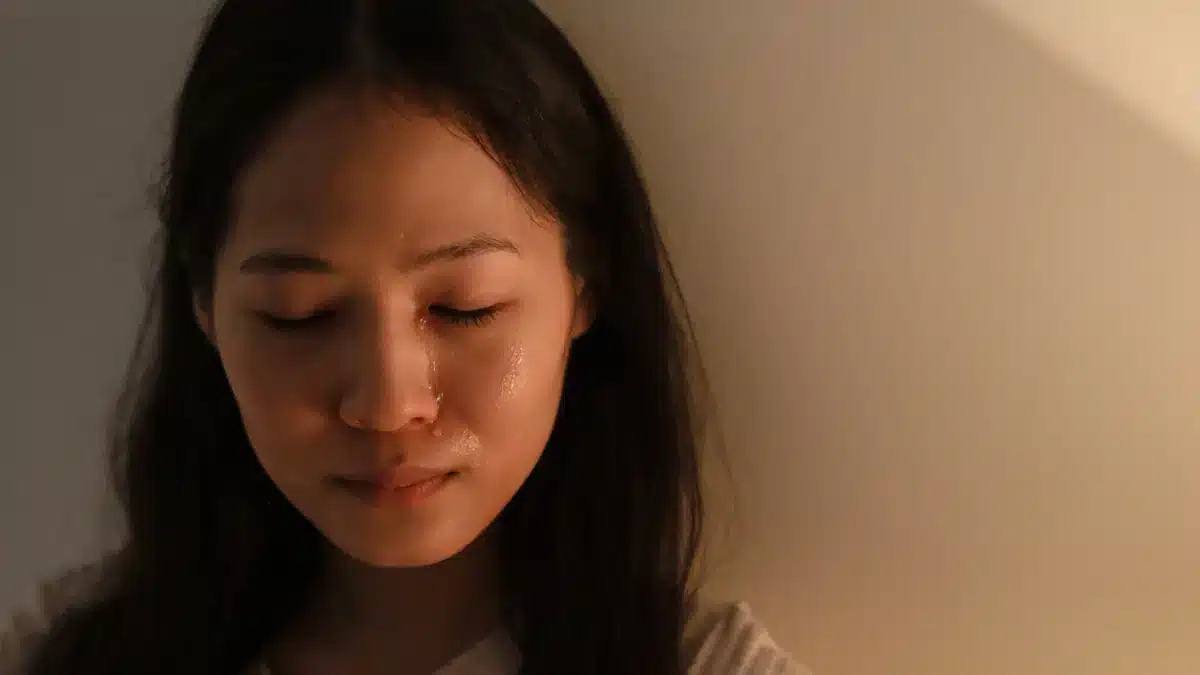Puffy eyes are characterized by swelling around the eye region, caused by aging and other factors.
Redness and itching are some of the most common symptoms accompanied by puffy eyes.
Puffy eyes can make us feel self-conscious and uncomfortable, impacting overall well being.
This article will focus on effective methods on how to get rid of puffy eyes.
Understanding puffy eyes
Puffy eyes, also known as Periorbital Edema, refer to the swelling or puffiness around the eyes.
Allergies, fluid retention, aging, and genetics are some causes of puffy eyes.
In some cases, lack of sleep causes inflammation, contributing to the development of puffy eyes.
Persistent puffiness might indicate underlying medical conditions such as Allergic Pink Eyes.
It is essential to seek medical help for persistent puffiness to determine the underlying cause for effective treatment.
How to get rid of puffy eyes
Several treatment options are available to remove puffy eyes, including Botox treatment.
Cold compresses, eye creams, masks, and antihistamines for eye allergies are some methods for relieving puffy eyes.
These techniques provide comfort as they are simple to incorporate into your routine.
Let’s discuss these effective techniques for puffy eyes in detail:
Using tea bags
 Source: Signature_image
Source: Signature_imageTea bags are often used to treat dark circles and puffiness under the eyes.
Tea bags contain caffeine, which acts as an antioxidant, increasing blood flow in your skin.
Green tea, especially, has gained attention from researchers due to its potential anti-inflammatory properties.
Here’s how to use tea bags for puffy eyes:
- Steep two tea bags for about 3 to 5 minutes
- Allow the tea bags to cool in the fridge for about 20 minutes
- Extract excess liquid and gently apply it to the under-eye region
- Keep the tea bags in place for 15 to 30 minutes
Cold compress
Cold compress is a soothing yet simple technique to get rid of puffy eyes in the morning.
Use a clean cloth or cold spoon on the affected areas only for a few minutes to see results.
Applying cold compress to constrict blood vessels and reduce swelling.
Antihistamine for eye allergies
Allergies are a common factor causing puffy eyes, red eyes, itchiness, and watery eyes.
Antihistamine eye drops and oral pills can help reduce eye swelling and allergies.
These medications work by blocking histamine and reducing discomfort from eye allergies.
Consult a doctor for proper use, ensuring effectiveness while minimizing potential risks and side effects.
Proper hydration
Staying hydrated is vital for avoiding puffiness, as dehydration may worsen the condition.
You should consume 9 to 13 cups of water daily to stay hydrated.
Including water-rich vegetables and fruits in your diet helps prevent puffy eyes.
Proper hydration is essential to improve eye health and overall well-being.
Topical eye cream and gels

Topical creams, eye gels, and eye masks help reduce puffy eyes through various mechanisms.
Such products often contain ingredients like caffeine or chamomile, known for their anti-inflammatory properties.
These can assist in constricting blood vessels and reducing inflammation around the eyes.
It’s important to choose products with proven ingredients and follow the recommended guidelines for optimal results.
Botox for puffy eyes
Botox is a cosmetic treatment that offers a unique approach to reducing puffy eyes.
Injecting Botulinum in specific muscle areas around the eyes can help reduce puffiness.
While botox for puffy eyes isn’t a permanent solution, its effects can last at least three months.
Botox is a medical procedure that professional experts should conduct to avoid risks and side effects.
It’s important to consult with a healthcare provider to determine its suitability and to understand potential risks and benefits.
Summing up
Puffy eyes are a condition that can affect a person’s appearance and overall well-being.
Addressing this condition and understanding how to get rid of puffy eyes is essential.
There are various treatments available for relieving symptoms of puffy eyes.
Cold compress, proper hydration, tea bags, and antihistamines are some of these remedies.
Some individuals also opt for Botox treatment for puffy eyes, lasting a few months.
Consulting a healthcare professional to determine tailored treatment for effective management is essential.
Frequently Asked Questions
How to make your eyes less puffy?
To reduce eye puffiness, apply a cold compress, use chilled cucumber slices, and maintain proper hydration.
In some cases, quality sleep and using tea bags on closed eyelids are also used to reduce puffiness.
What causes puffy eyes?
Various factors, including a lack of sleep, allergies, aging, and genetics, can cause puffy eyes.
Understanding the root cause is essential for effective treatment and management.
Does reducing salt intake help in minimizing eye puffiness?
Yes, excess salt can contribute to fluid retention. Maintain a balanced diet and watch your sodium intake to help alleviate puffy eyes.
Are there specific facial exercises to reduce puffy eyes?
Gentle facial exercises and massages may help improve circulation and reduce puffiness. Consult with a skincare professional for guidance.
How can I find the right treatment for my specific puffy eye condition?
The most effective way to find the right treatment is to consult with a medical professional.
Based on the underlying reason and severity of your puffy eyes, they can diagnose your condition, and prescribe a personalized treatment plan.
When referencing outside resources, GoodrxMedicine always provides full citations. To learn more about the measures we use to maintain the quality of our content, please review our Content Information Policy.











